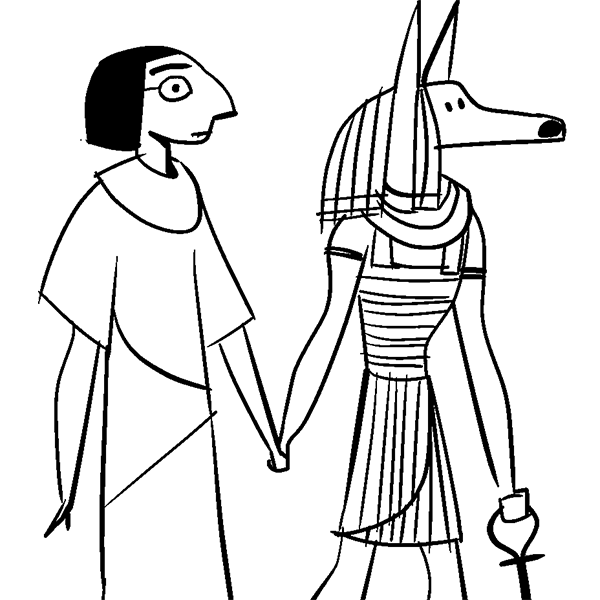If you’ve ever sat and thought about space, the cosmos, infinity, and what all that means about your existence, then you know that this stuff can be scary and make your head hurt.
But this has never stopped us from wondering, has it? And it’s this curiosity about the “beyond” that has helped make religion a fundamental part of human civilization.
In Ancient Egypt, religion was closely woven into the fabric of society. It was the wind that helped raise up kings, and it was the ground upon which people stood.
It was the law that governed their land, and the power that helped Egypt rise to be the most advanced and developed kingdom of the ancient world.
Religion: A Way of Life
Religion greatly influenced the daily lives of ancient Egyptians, both commoners and the high-born.
In fact, Egyptian society could have been perceived as rather unequal, what with eighty percent or more of the people being poor farmers doing all the work for little pay. But religion helped counteract this contradiction, mainly through the concept of maat.
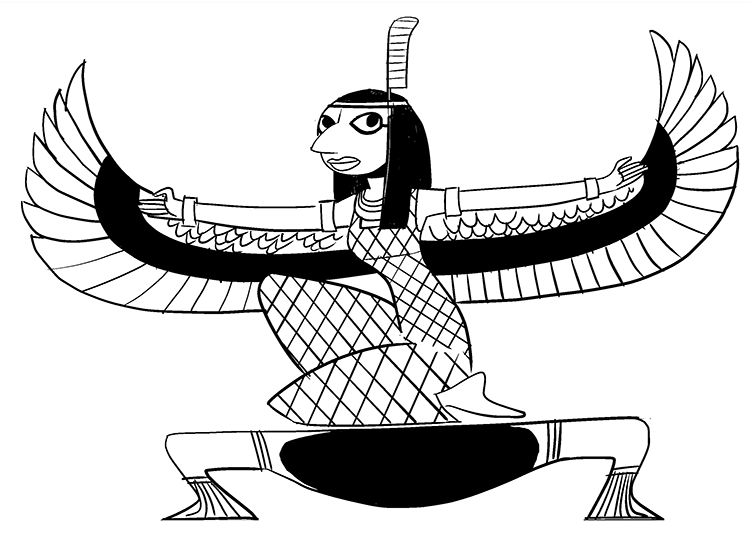
Maat Goddess of Truth Justice and Harmony
The vertical ostrich feather on her head represents the balance of a righteous life. The hearts of dead people were weighed against it.
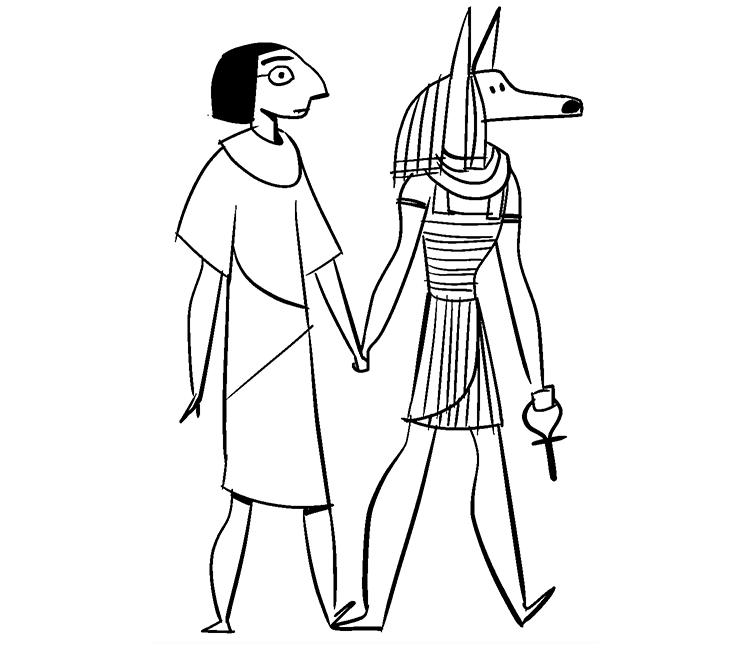
Judgement
The god Anubis brings the Ba (soul) of a dead person for judgement.
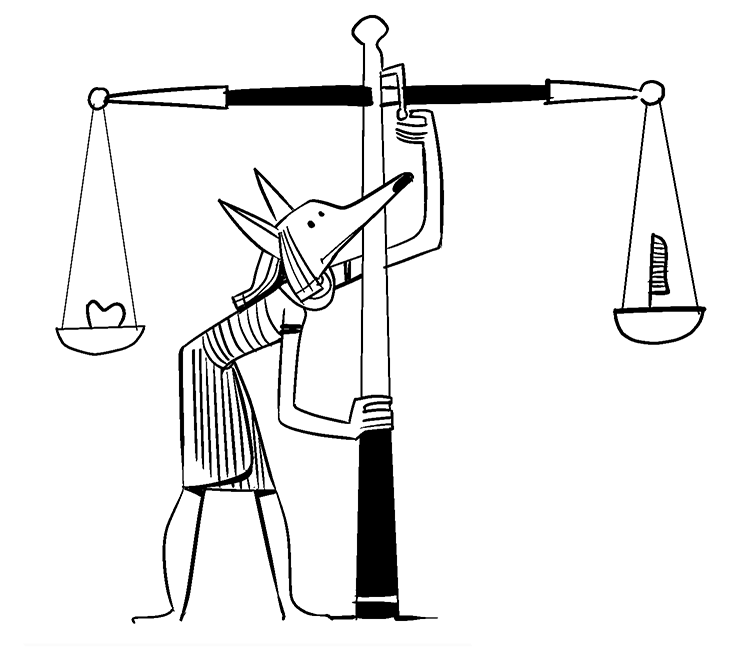
Scale
Anubis places the person’s heart on a scale. The heart must be lighter than Matt’s feather.
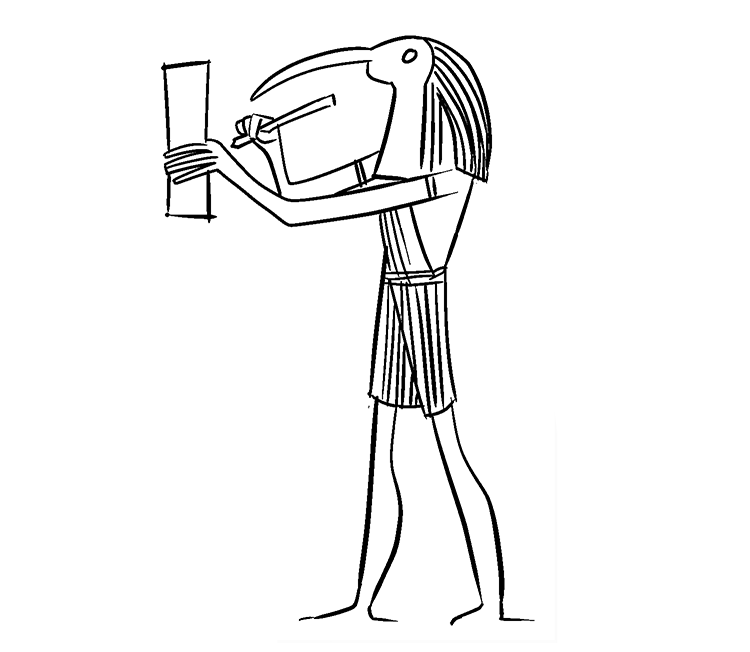
Record
The god Thoth records the result of the weighing.
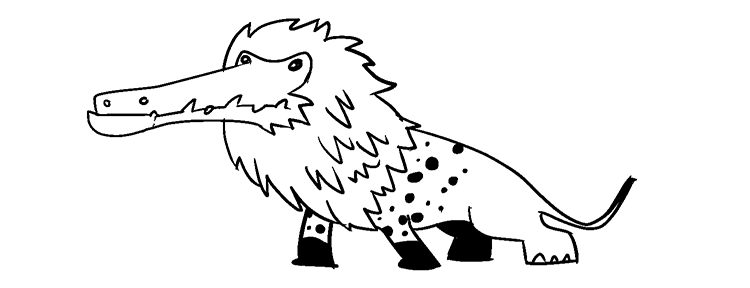
Ammit
It the person followed Maat in life the heart will be lighter than the Maat’s feather, otherwise they will be devoured by Ammit.
Daily Life: Upholding Maat and Cosmic Order
Maat is the cosmic order. Truth. Justice. It is everything in Egyptian religion.
To make a long story short, most ancient Egyptians believed that the gods created the world out of what is known as “the waters of chaos.” What these are we’re not sure, but picture a swirling mass of stardust and cosmic clouds.
In doing this, the gods “created order from chaos,” and this made it possible for life to flourish.
But wait…for life to continue, maat must be upheld.
This sounds like a lot of pressure, but for most Egyptians, it pretty much meant living their lives out as normally as they possibly could. Because of maat, the Egyptians saw every person as essential, no matter what they did for a living.
This meant that farmers and other “lower class” folk were not necessarily seen as lower. They may have had less money and fewer privileges, but they were viewed to be just as important in the push to uphold maat.
Such an emphasis on maat made it so that work was highly respected in ancient Egypt. The wealthy and powerful were meant to provide work for the people, and people saw the opportunity to work on a major construction project, such as a temple or a pyramid, as a great honor.
All of this meant that Egyptian society was both productive and peaceful, two characteristics that helped it rise to the top of the ancient world.
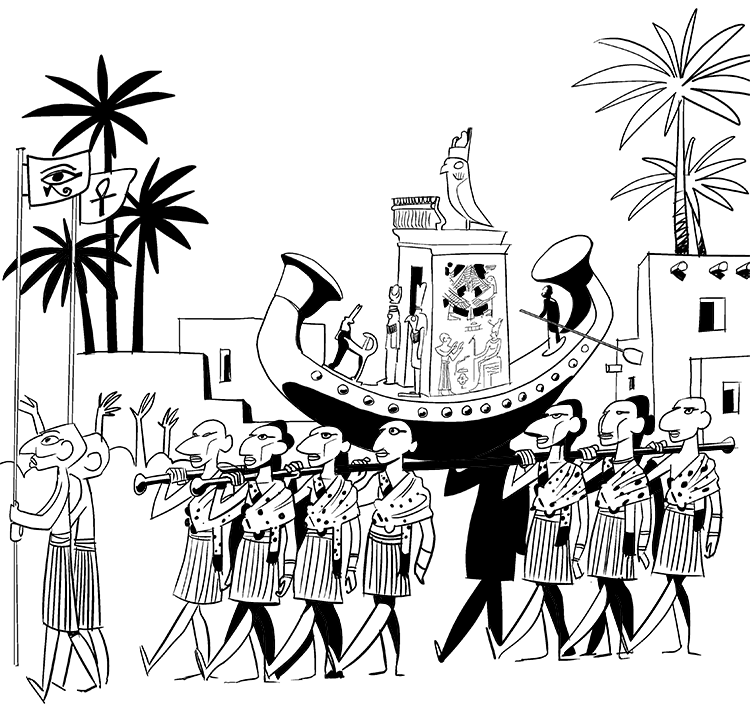
Opet Festival
During the Opet festival, one of the most important in the Egyptian calendar, the god Amun was carried on his boat by priests from Karnak temple to the river Nile onto a barge bound for Luxor temple.
Festivals
Religion was part of the foundation of ancient Egyptian society. But its role, at least in daily life, played out in the background. Just by carrying out their duties in accordance with maat the people were living pious lives.
This would change, though, and religion would jump onto the center stage during festivals. These were, well, parties (who doesn’t love a good party?) thrown for the gods.
Offerings were given and other rituals were performed so that the people could show thanks and reaffirm their commitment to the gods.
Some of the biggest festivals came after the Nile River would flood. This was an important moment on the Egyptian calendar because it made that year’s farming possible.
During the months when the water was high and little work could be done, most of Egypt was partying, having a good time as a way of saying thanks to the gods.
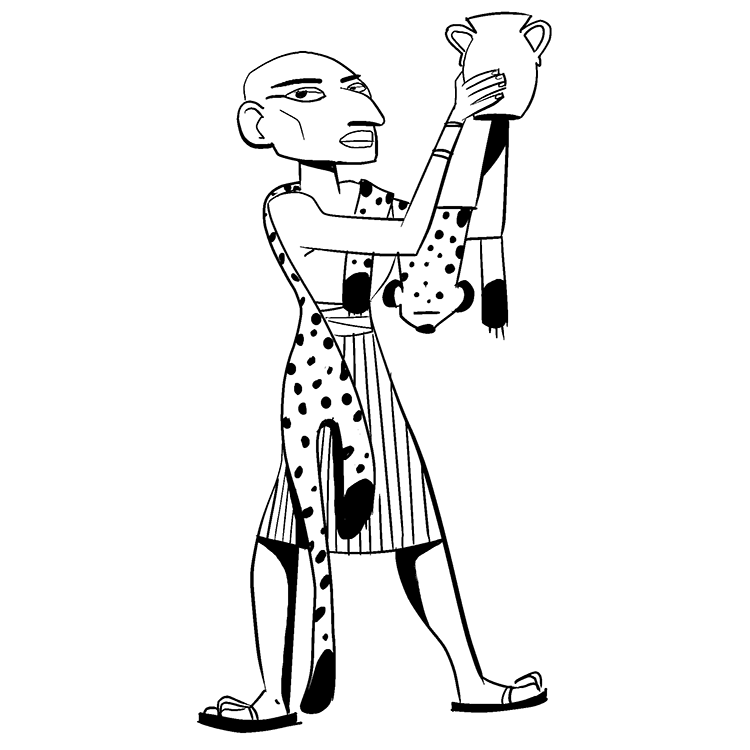
The Clergy Class
Although festivals happened every so often, the gods needed more attention than this. But it wasn’t the responsibility of regular people — who were already up to their eyeballs trying to fulfill maat — to provide daily recognition to the gods.
Enter the priests.
Regarded as some of the most important members of Egyptian society, the priest class lived separate from the rest of the people.
They took up residence at the nearby temple, which was often built on the site where a particular god had been born, and they would spend their days taking care of the buildings as well as the statues. They would also perform ceremonies and were the ones in charge of executing the festivals when they came around. No pressure!
The exclusivity of the clergy class shows the role religion played in establishing power in Egypt. Regular people couldn’t possibly be that close to the gods, and this distance made it easier for kings and other leaders to implement their laws.
Of course, to do so they would need the clergy on their side, which wasn’t always the case.
A dissenting priest always had some power, especially if they had a close connection to the people in that city.
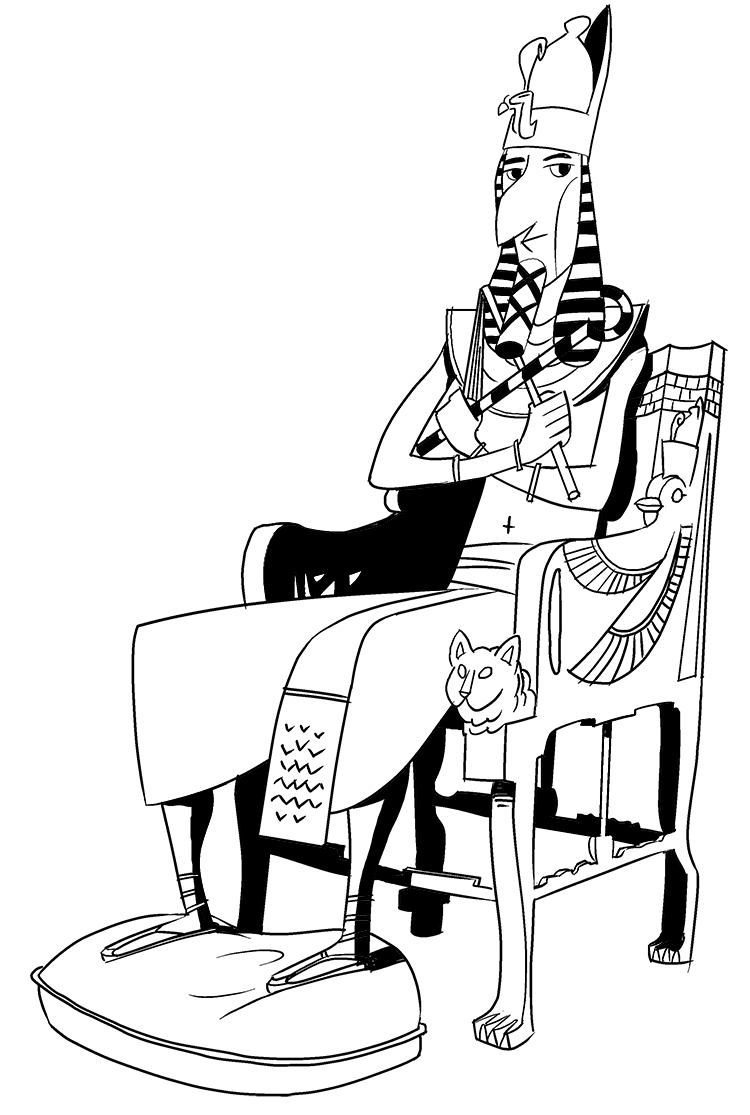
The Pharaoh
As the supreme leader of Egyptian society, you’d think the pharaoh would have it pretty easy. Well, not so fast! Sure, they lived a life of extreme luxury, their every want and need tended to almost before they had the chance to speak. But they also had a lot of responsibility.
For one, the pharaoh was the one who was really responsible for upholding maat. Yes, everyone had a role to play. But if things got thrown out of whack, the gods ultimately blamed the pharaoh.
This meant the pharaoh had to not only make sure his people were taken care of, but he also had to defend Egypt against invasion from abroad. Conquest from a foreign foe was seen as the ultimate violation of maat.
But don’t go feeling too sorry for the pharaoh. They were considered to be both human and god. All of this responsibility kind of comes with the territory.
A Land of Many Gods
Like many of the societies that developed around the world, Egypt was a land of many gods. Each region, city, or town had their own deity who watched over them and protected them from the perils of life.
As Egypt grew and became more and more unified, some gods were recognized across the entire land. But no matter who or what they were worshipping, the Egyptians were loyal to their gods and their beliefs helped shape their lives in profound ways.
Written by Matthew Jones
Illustrated by Pablo Velarde Diaz-Pache
